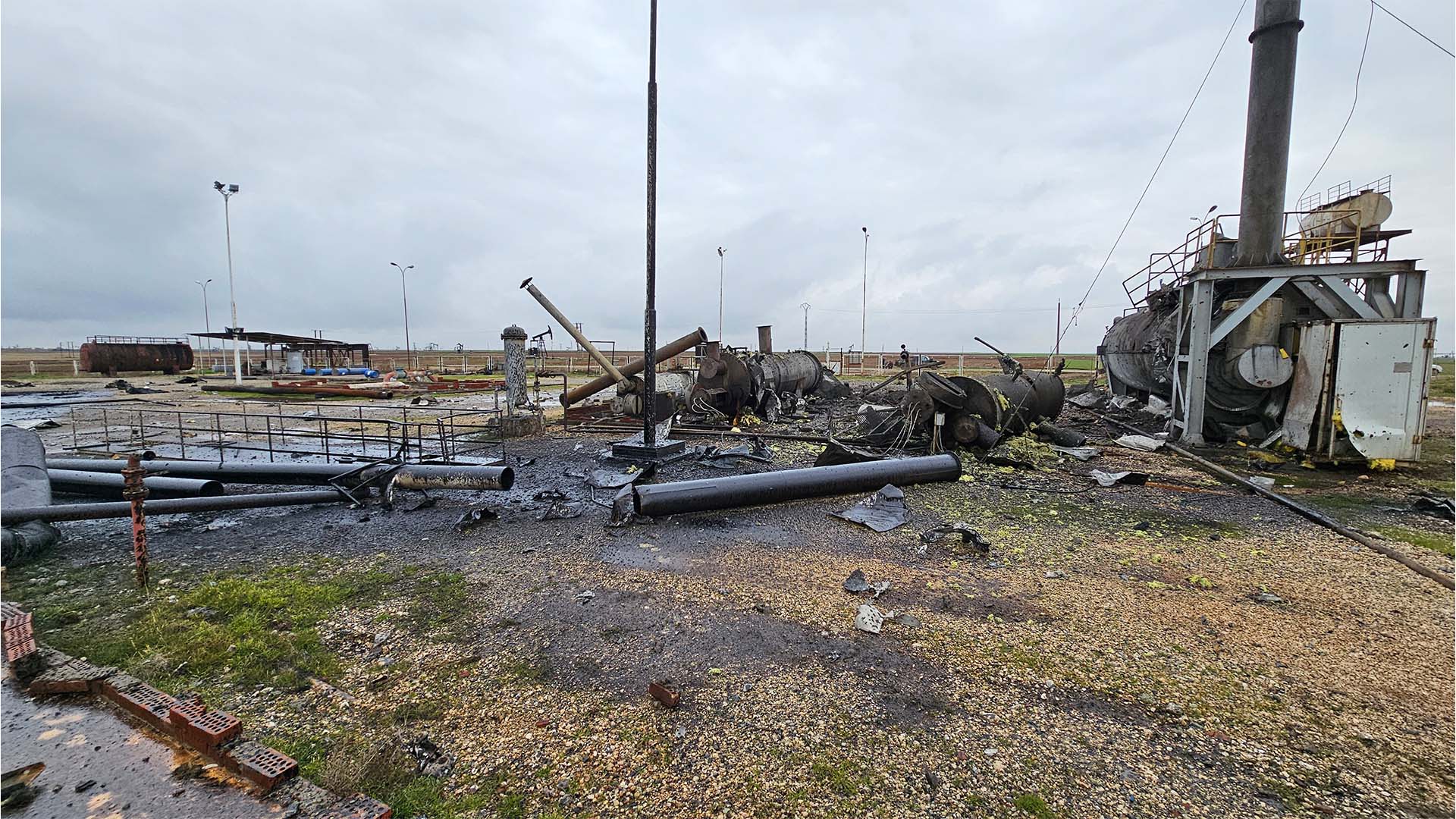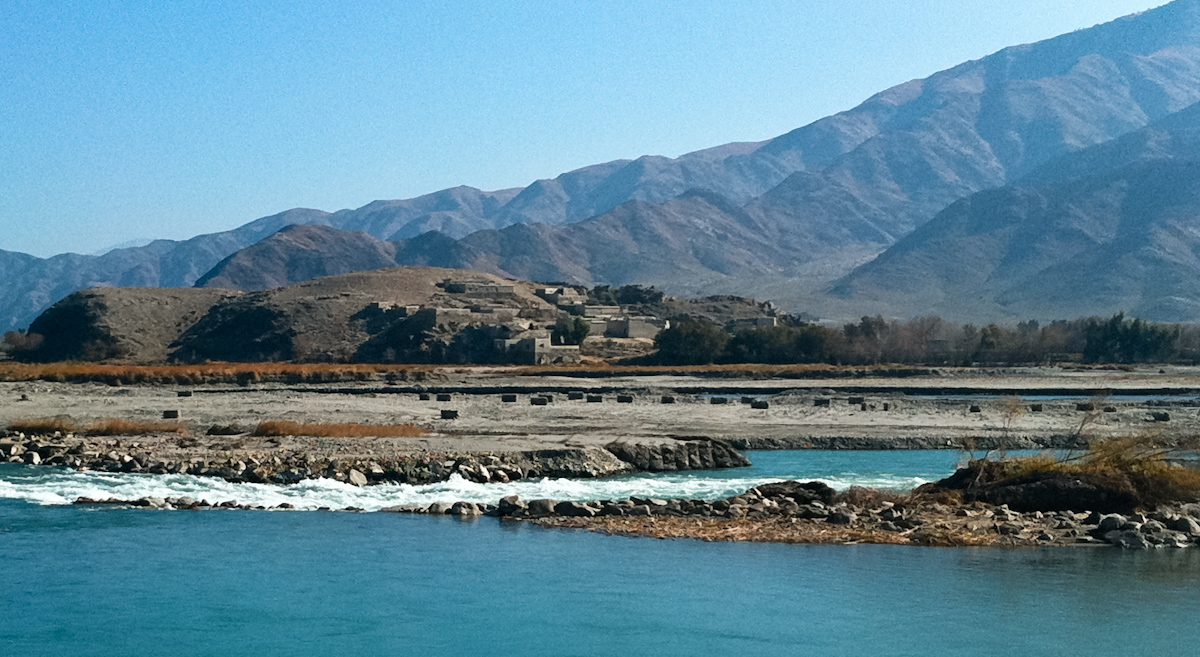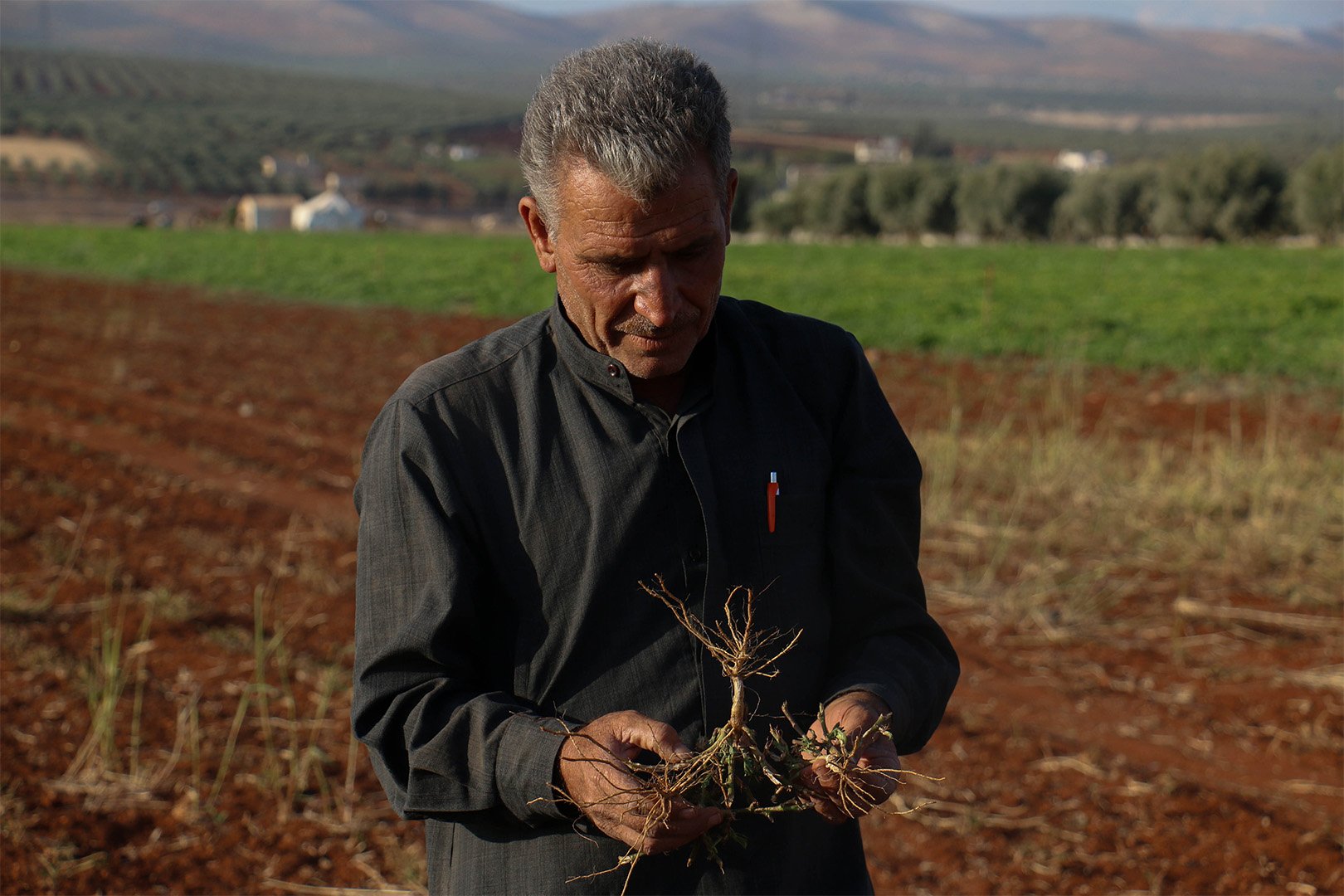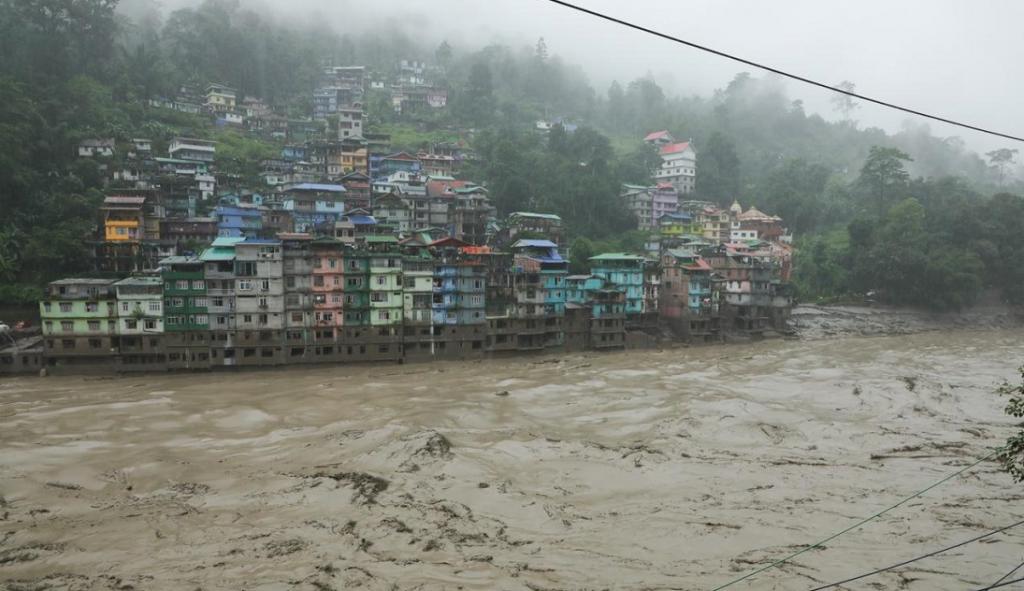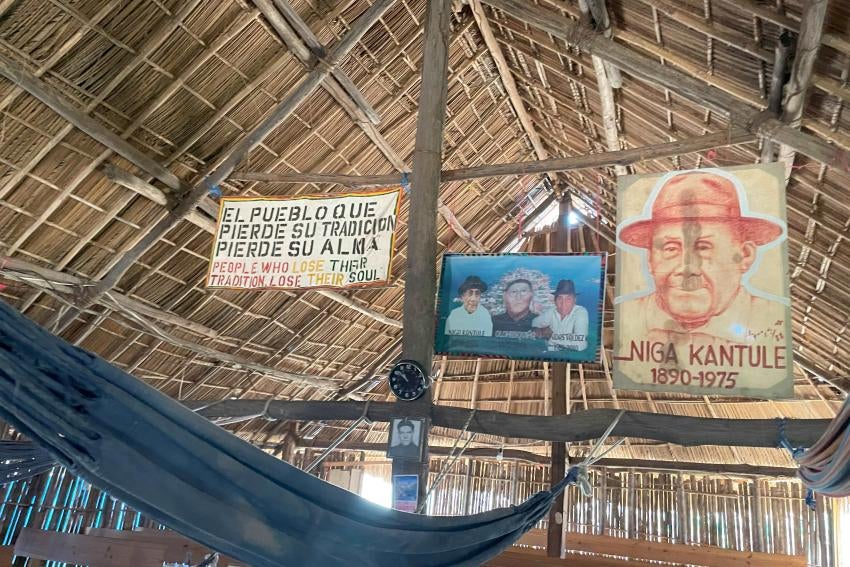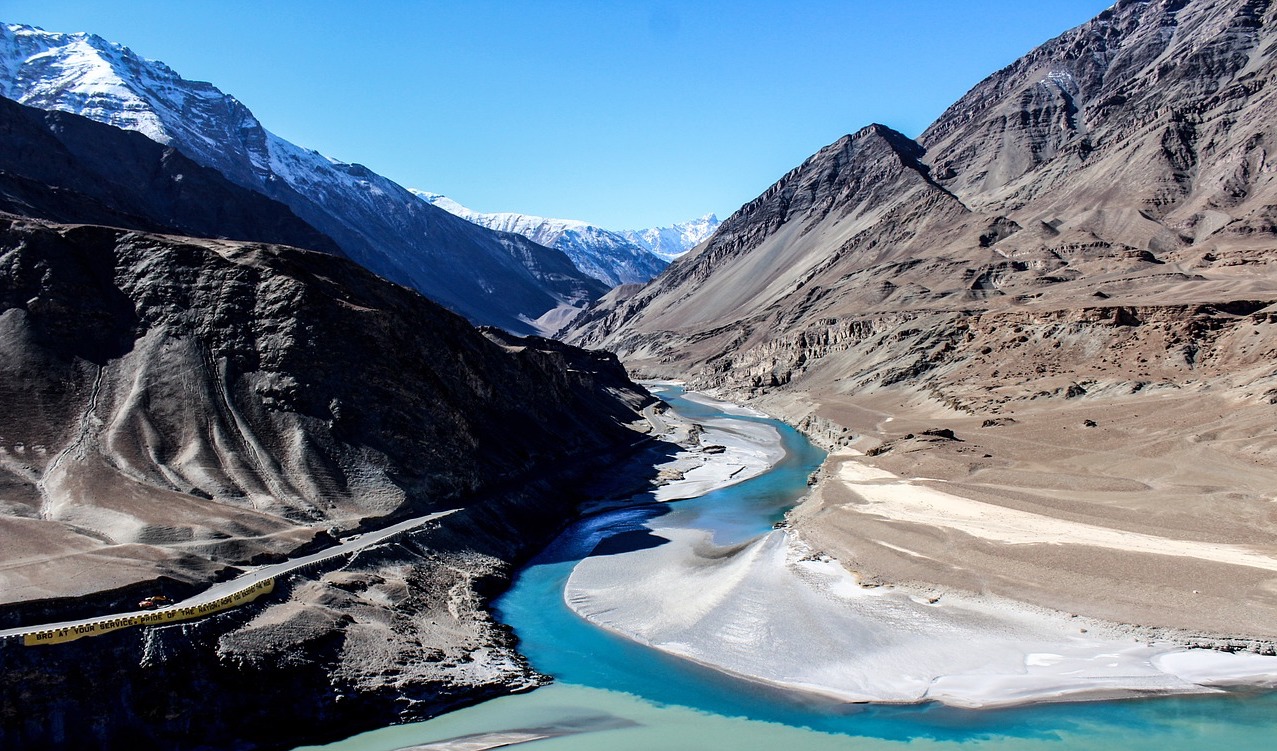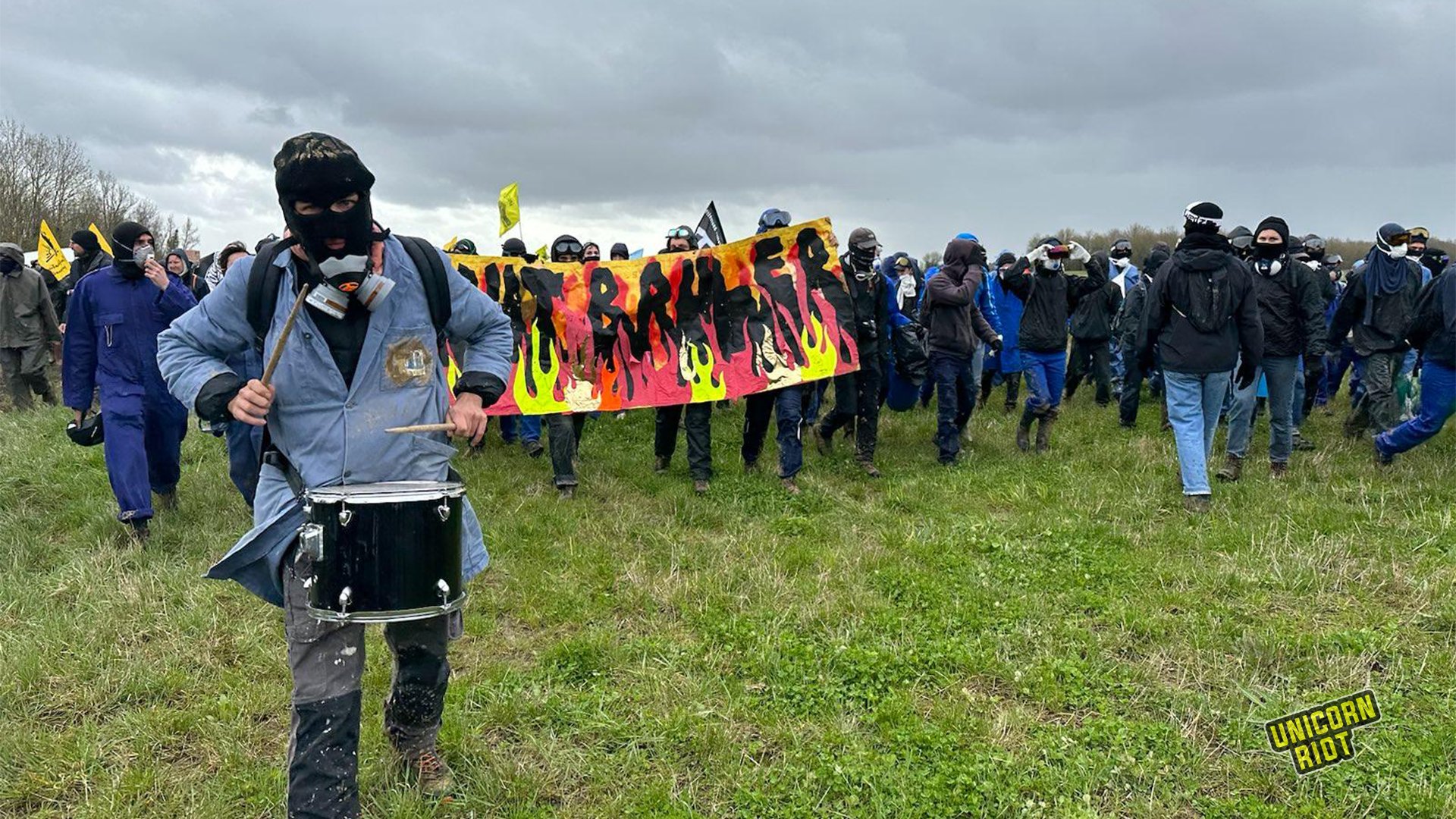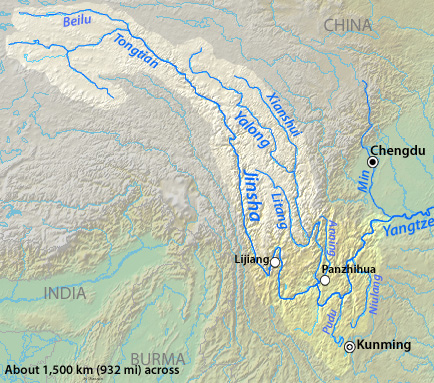
China arrests hundreds as Tibetans protest dam
Chinese authorities have made mass arrests in the ethnically Tibetan region of western Sichuan province amid protests against a giant hydro-electric dam project that would force villages to vacate and destroy ancient Buddhist monasteries. Up to 1,000 villagers and monks have been detained in Sichuan’s Kardze Tibetan Autonomous Prefecture, and their current status remains unknown. The Kamtok dam is the sixth in a proposed series of 13 on the Dri Chu River, known as the Jinsha or Upper Yangtze in Chinese. They are being built as part of the West-East Electricity Transmission Project, to supply power to industrial cities in eastern China. (Map: Wikipedia)



